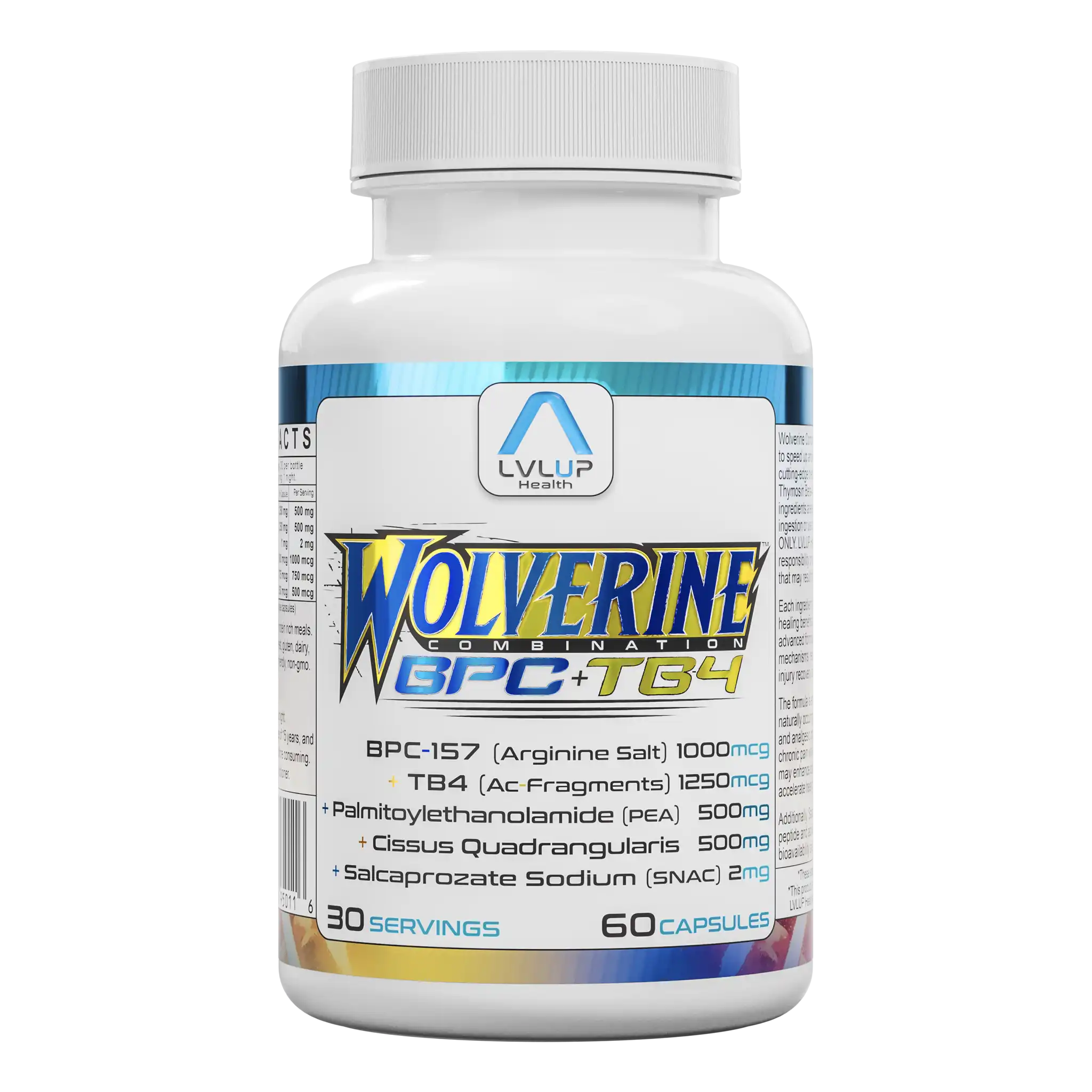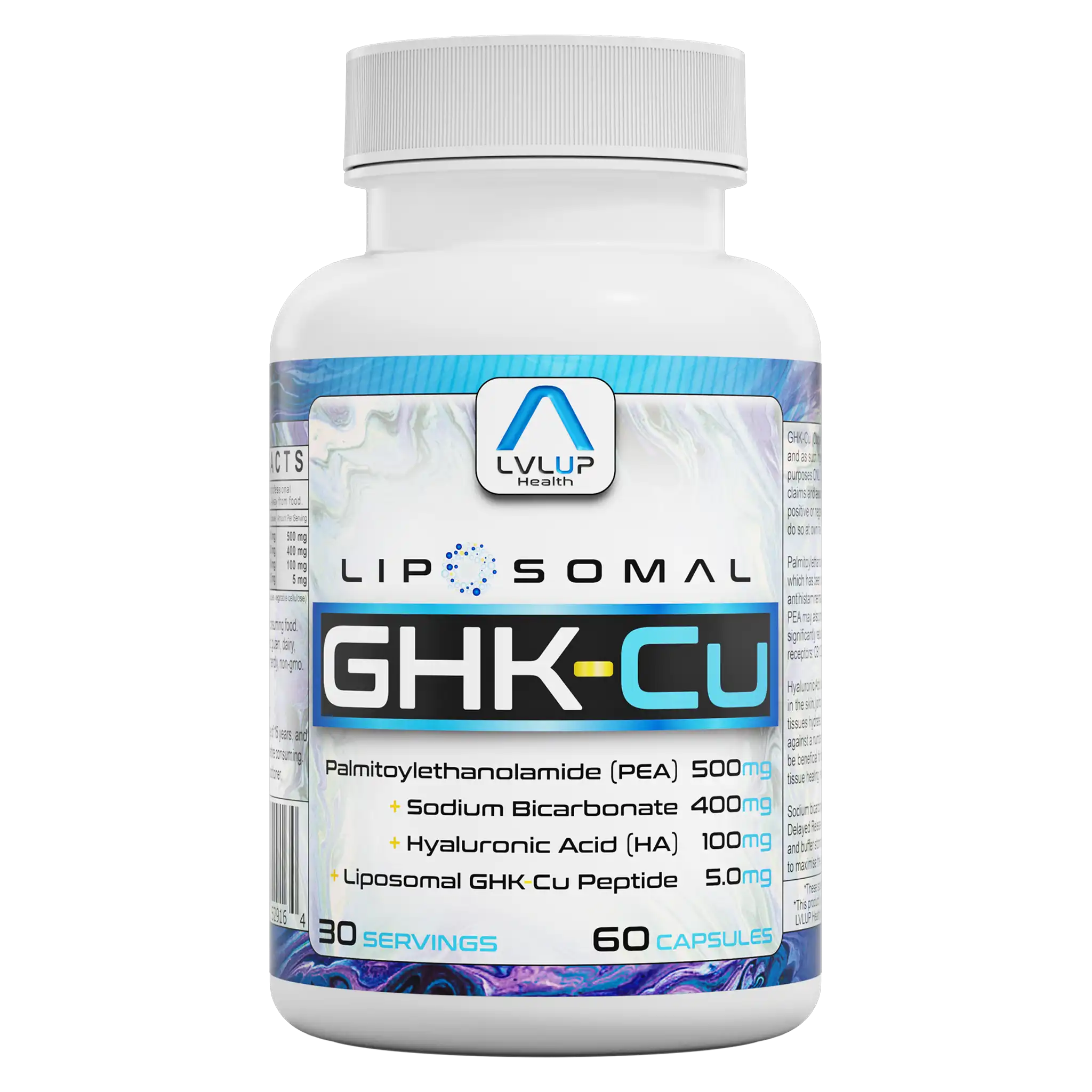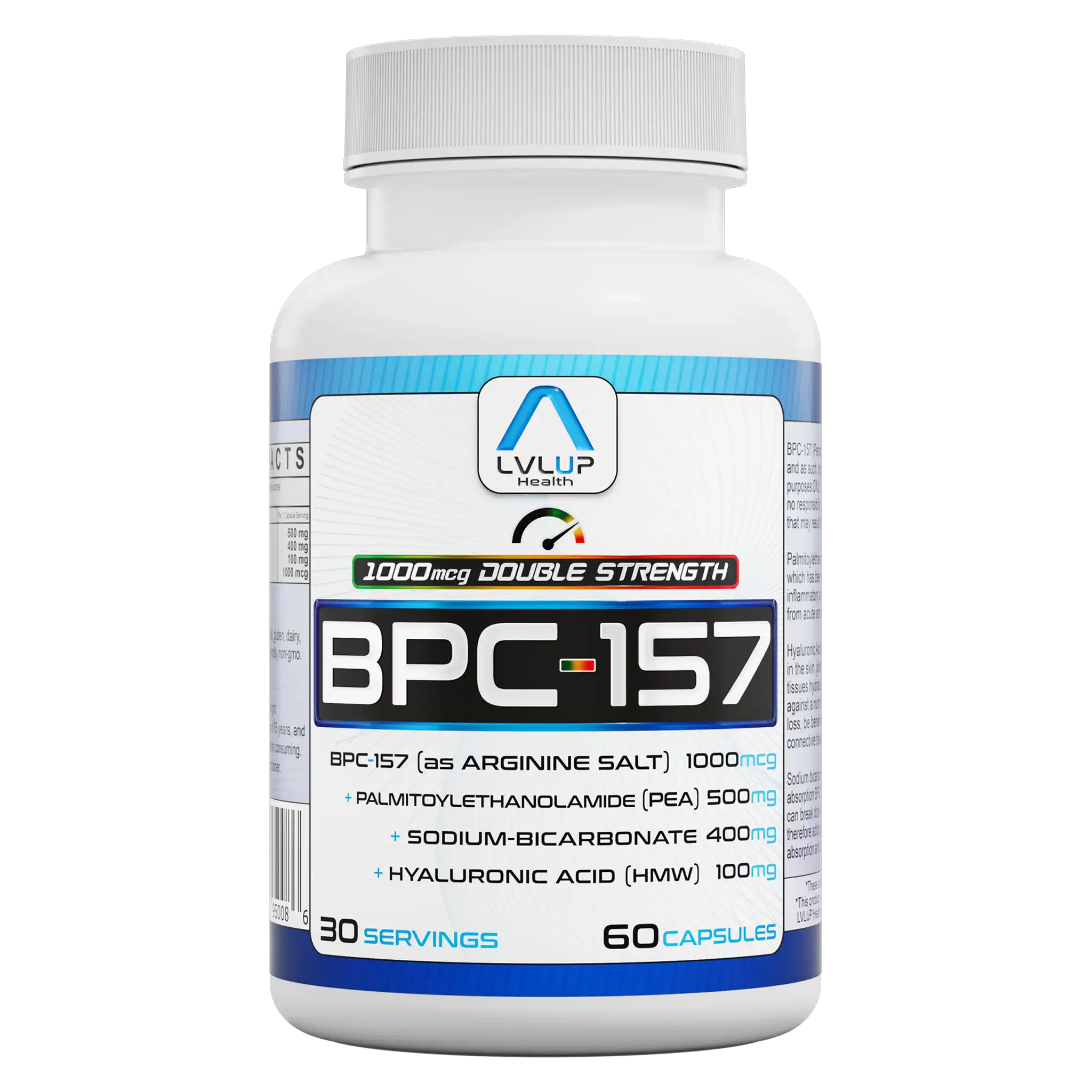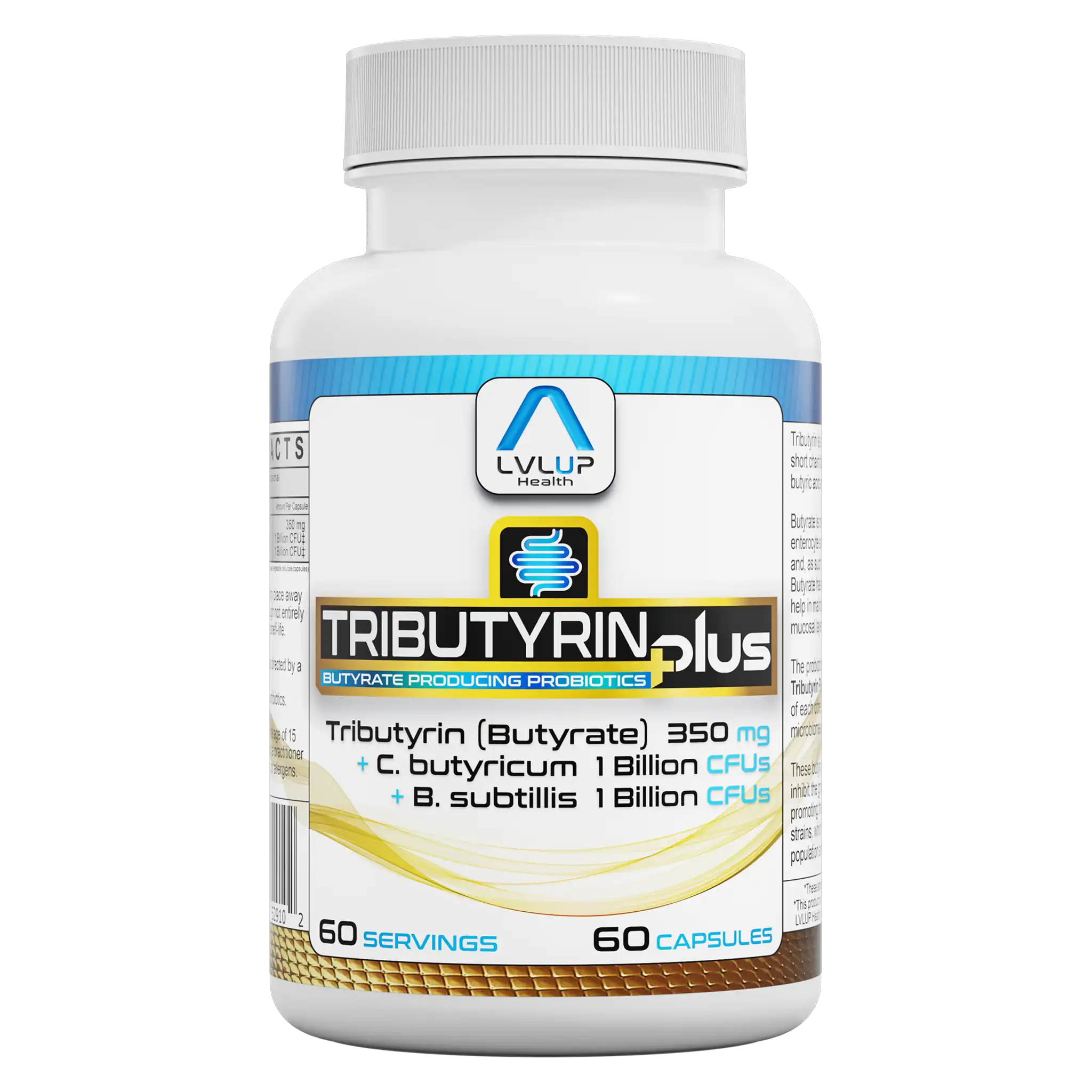C. butyricum
About C. butyricum
A Natural Probiotic
Clostridium butyricum belongs to a group of beneficial bacteria that naturally thrive in soil, fermented foods, and the human digestive tract. In supplement form, this probiotic sets itself apart by forming resilient spores. These spores protect the bacteria as they travel through the harsh, acidic environment of the stomach, allowing them to reach the intestines intact and active.
Butyrate Production
Once established in the gut, C. butyricum gets to work producing butyrate, a short-chain fatty acid prized for its role in digestive wellness. Butyrate acts as fuel for colon cells, supports a robust intestinal lining, encourages regular bowel habits, and promotes healthy inflammatory balance within the gut. For people with sensitive stomachs or after antibiotic treatments that disrupt normal gut flora, this kind of support can make a noticeable difference in comfort and regularity.
Beyond Digestion
Butyrate’s influence isn’t limited to digestion. This compound appears to interact with immune cells within the gut lining – which happens to be one of the body’s busiest immune hubs. There’s also growing interest in how butyrate might interact with metabolic processes or even communication between the gut and brain (often called the “gut-brain axis”).
Supplement Uses
You’ll find C. butyricum in a range of supplement formats, such as capsules or powders. It’s often included alongside other probiotics or prebiotics as part of multi-ingredient blends aimed at restoring balance during or after challenges to digestive health (like antibiotic use). Typical users range from people fine-tuning their general wellness to those looking for targeted gut support.
Spore-Forming Advantage
One thing worth highlighting is how reliably C. butyricum survives transit through your digestive tract thanks to its spore-forming nature. Once it lands in the large intestine and “wakes up,” it starts producing butyrate right where your colon needs it.
Found In
Formulated With
Detailed Information
Scientific Characteristics
Clostridium butyricum is an anaerobic, spore-forming Gram-positive rod-shaped bacterium belonging to cluster I of clostridia. Its clinical application is characterized by remarkable resilience under aerobic conditions due to terminal endospore formation; this confers stability throughout gastric passage and enables targeted delivery into the distal intestine.
Metabolic Function
Metabolically, C. butyricum ferments dietary polysaccharides (including resistant starches and fibers) into short-chain fatty acids – predominantly butyrate – via acetyl-CoA pathways. Butyrate modulates epithelial barrier function by augmenting tight junction protein expression (occludins/claudins), serves as histone deacetylase inhibitor (HDACi), regulates mucosal immunity via Treg expansion (Foxp3 induction), and downregulates NF-κB signaling associated with pro-inflammatory cascades. Its secondary metabolites also exhibit putative antimicrobial activity against select pathogenic enterobacteria via SCFA-mediated pH reduction and competitive exclusion.
Clinical Applications
C. butyricum supplementation has been evaluated in both healthy subjects and those with dysbiosis-associated gastrointestinal pathologies; the resulting data indicate dose-dependent increases in fecal butyrate concentrations and compositional shifts favoring Firmicutes at phylum level diversity metrics (notably restoration of Bacteroidetes/Firmicutes ratio post-antibiotic challenge). Interactions with host enteroendocrine cells implicate additional roles in GLP-1 secretion and glucose homeostasis; ongoing studies continue exploring neuroimmune cross-talk attributable to microbiota-produced SCFAs.





